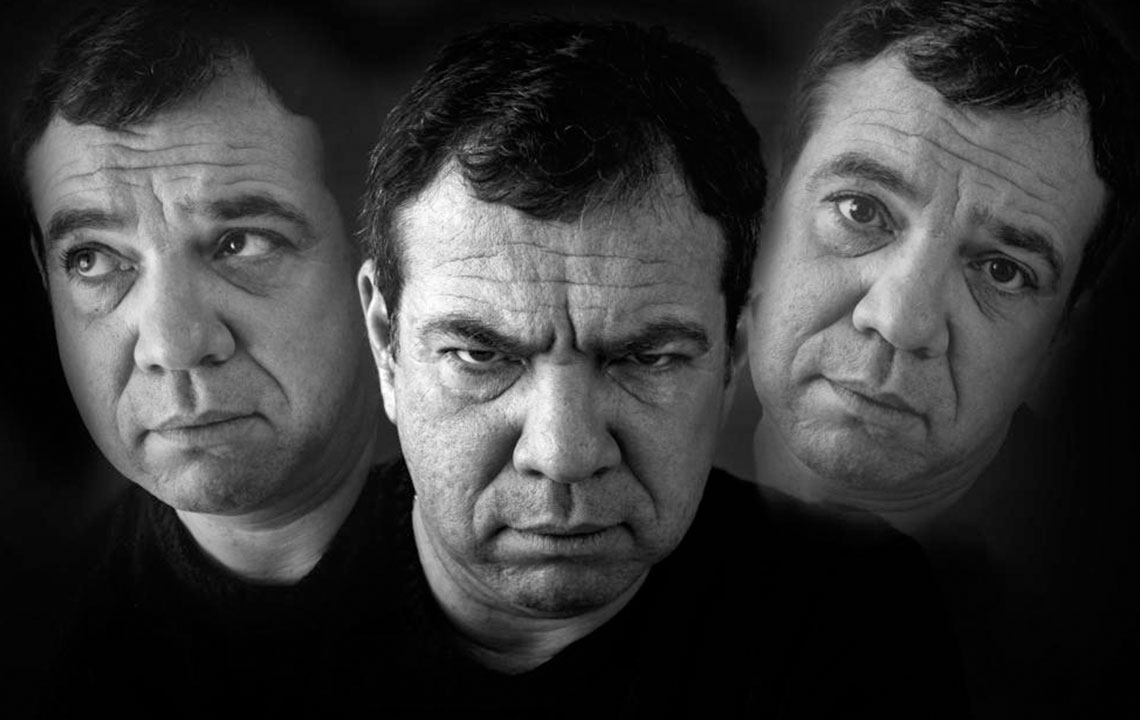Understanding Schizophrenia: Causes, Signatures, and Management Strategies
Explore the key aspects of schizophrenia, including its causes, symptoms, and treatment options. Understand how this mental disorder affects individuals and learn about current therapies and emerging technologies aimed at managing symptoms and improving quality of life.

Understanding Schizophrenia: Causes, Signatures, and Management Strategies
Schizophrenia is a complex mental health condition that disrupts normal thinking, emotional responses, and perception of reality. It often presents with symptoms like false beliefs (delusions), sensory perceptions without stimulus (hallucinations), and paranoid thoughts. Around 1% of the global population is affected. While there’s no cure, symptoms can be controlled with medication and therapy. It usually begins in late adolescence or early adulthood, affecting men in their teens or twenties and women in their twenties or thirties.
Common symptoms include:
Delusions: Unfounded beliefs, such as believing oneself to be under unjust attack or possessing extraordinary fame or that a disaster is imminent.
Hallucinations: Seeing, hearing, or feeling things that aren’t real, including voices or strange odors.
Disorganized speech: Difficulty organizing thoughts, leading to incoherent or unrelated conversations, sometimes with random word combinations.
Other signs include abnormal motor behaviors like silliness, agitation, or repetitive movements, and negative symptoms such as flat expressions, monotone speech, social withdrawal, and neglect of hygiene.
Diagnosis involves medical tests, physical exams, and psychiatric evaluation, typically if symptoms persist for over six months. The causes of schizophrenia are not fully understood, but genetics, brain structure abnormalities, and environmental influences like stress, drug use, and infections are linked to its development.
Treatment aims to reduce symptoms and prevent relapse through antipsychotic medications and psychosocial therapies. Family support and social services are integral. Advanced options include electroconvulsive therapy (ECT) and emerging techniques like deep brain stimulation (DBS). Continuous research is expanding options for managing this serious mental disorder.










